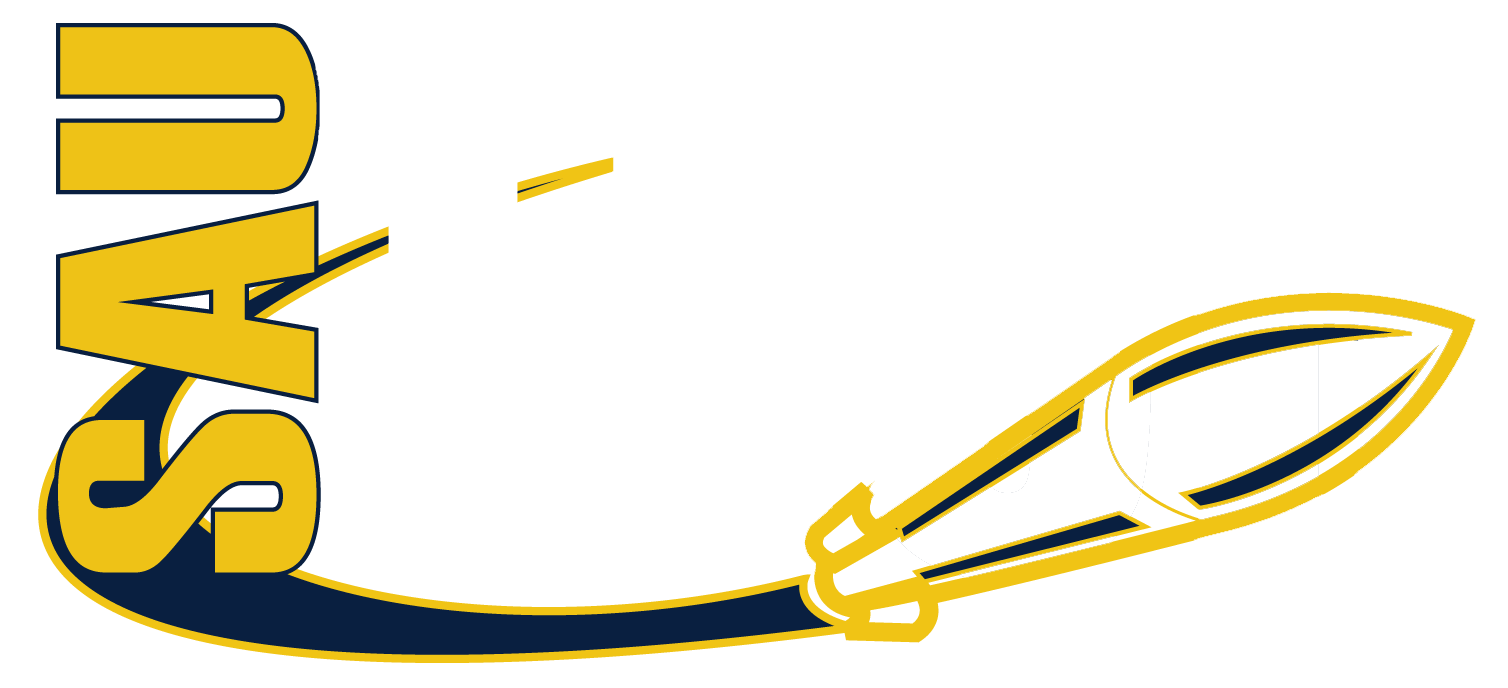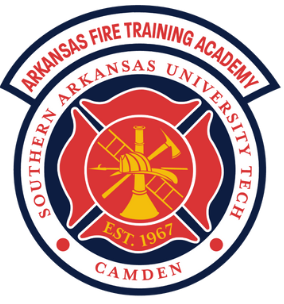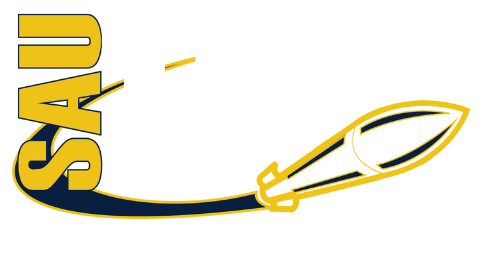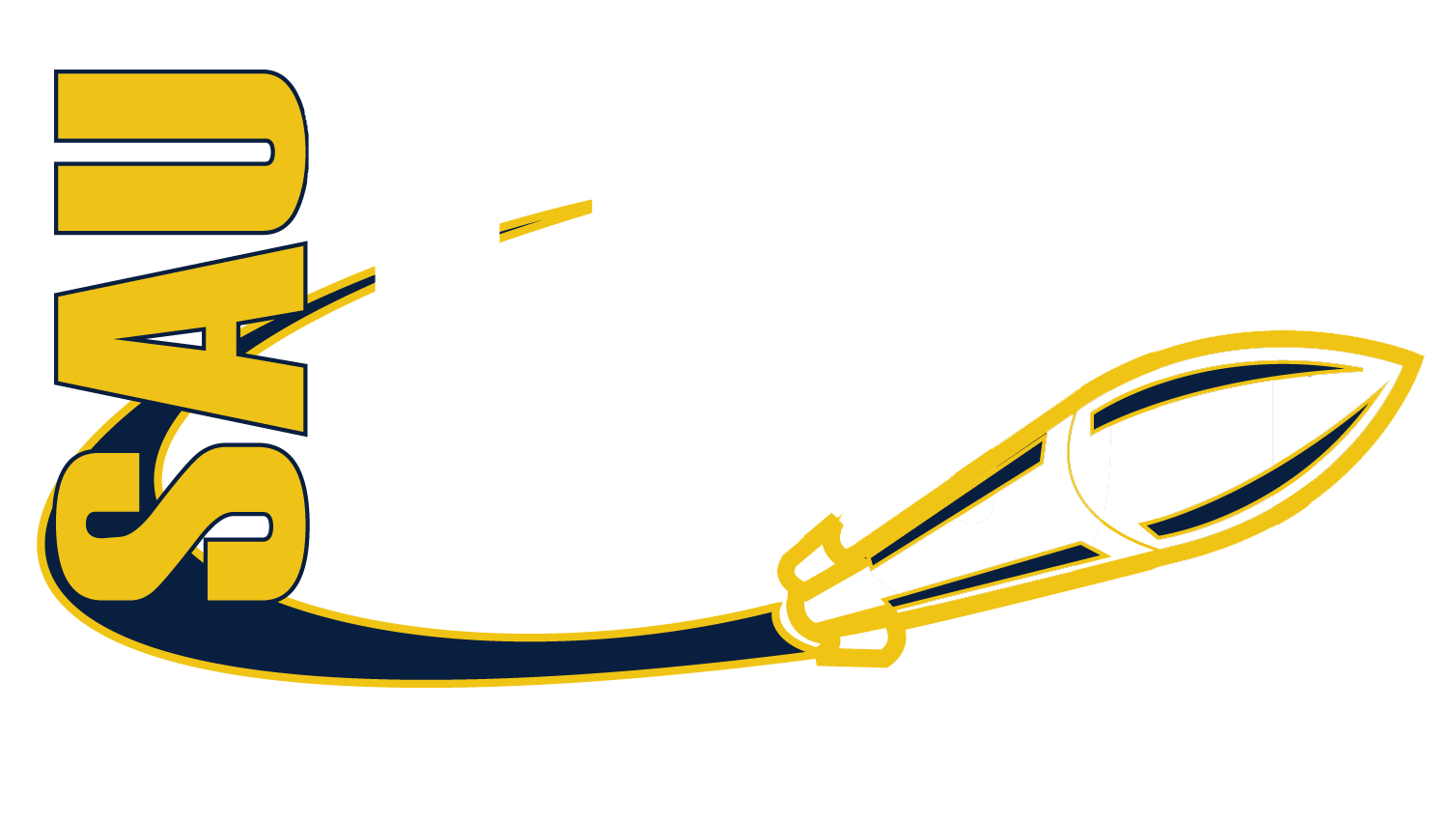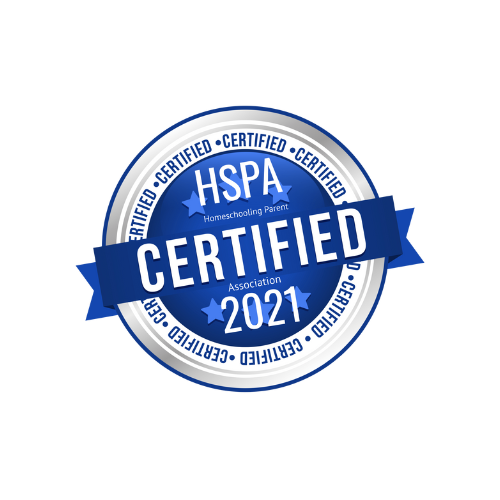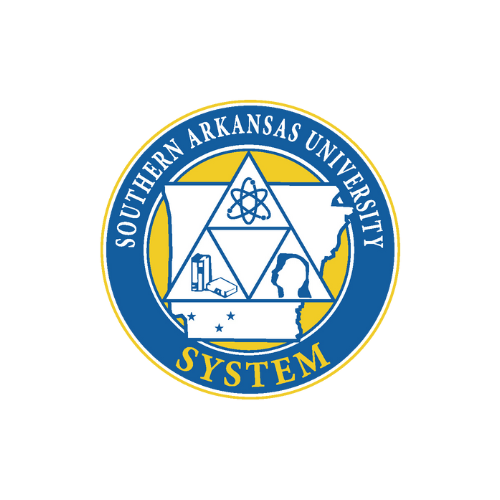Non Destructive Testing SAU Tech
Career in Safety, Inspection, and Advanced Manufacturing
The Non-Destructive Testing (NDT) program at Southern Arkansas University Tech (SAU Tech) prepares students for essential roles in quality assurance and material testing across high-stakes industries such as aerospace, defense, construction, and energy. Offered as a specialization within SAU Tech’s Associate of Applied Science in Industrial Sciences & Technology, this program equips students with the technical knowledge and hands-on skills needed to detect flaws in materials and structures—without causing damage.
Whether you're looking to work with X-ray, ultrasound, magnetic particle testing, or advanced inspection systems, SAU Tech’s NDT curriculum provides the foundation for a respected, well-paying career with strong job security.
Career Pathways for Non Destructive Testing
Graduates of SAU Tech’s NDT program are prepared for careers in:
- Aerospace and aviation inspection
- Pipeline and petrochemical quality control
- Power plants (nuclear and renewable energy)
- Structural inspection in construction and bridges
- Military and defense equipment testing
- Railways and transportation safety
- Manufacturing and fabrication plants
NDT Technicians are vital to the integrity and safety of materials, systems, and public infrastructure. According to industry demand, qualified technicians can earn competitive salaries and benefit from strong job placement rates.
NDT Technician Program Overview
Degrees and Certificates Offered:
- AAS in Industrial Sciences & Technologies – Non Destructive Testing
- Technical Certificate in Non-Destructive Testing
- Certificate of Proficiency in Non-Destructive Testing
Format: In-person, hands-on training with industry specific tools
Industry Driven: Program created in response to workforce needs from partners like Aerojet Rocketdyne, Lockheed Martin, Armtec Defense, and others
What You’ll Learn As A NDT Technician
The NDT program covers both theoretical knowledge and practical applications through training in:
- Advanced inspection methods: ultrasonic, radiographic, liquid dye, magnetic particle, and eddy current testing
- Blueprint reading and technical documentation
- Materials science and basic metallurgy
- Industry codes, safety standards, and compliance protocols
- Math, physics, and data analysis for flaw detection
- Measurement tools and testing equipment operation
- Communication, reporting, and ethics in inspection work
Students also study the fundamentals of quality control, economic considerations, and engineering processes, preparing them for real-world job site requirements.
What Is Non Destructive Testing?
Non-destructive testing (NDT) refers to inspection methods used to evaluate the integrity of materials, components, and structures without harming the object being tested. These techniques are critical to ensuring safety, quality, and compliance in industries where failure can have life-threatening consequences.
Common NDT methods include:
- Ultrasonic Testing (UT)
- Radiographic Testing (X-ray)
- Magnetic Particle Testing (MT)
- Liquid Penetrant Testing (PT)
- Eddy Current Testing (ET)
NDT professionals are highly trained to detect corrosion, cracks, structural weaknesses, and welding flaws, using advanced tools and scientific principles.
Program Goal
The goal of the NDT emphasis within the AAS in Industrial Sciences & Technology is to prepare students with the technical skills, analytical thinking, and ethical responsibility required for entry-level employment in non-destructive testing and related safety inspection roles.
Program Learning Outcome
Students will be able to:
Use modern tools and NDT techniques to conduct material inspections
Apply principles of math, physics, and engineering to detect defects
Identify and solve problems related to structural integrity and testing compliance
Understand and follow ethical and regulatory standards in safety inspection
Communicate effectively in written and oral formats within technical environments
Why Choose SAU Tech for
NDT Training?
Get Started With
NDT Training
Today
Have questions about certification pathways, equipment training, or employer connections? Our program advisors are here to help guide your next step in the inspection and testing industry.
